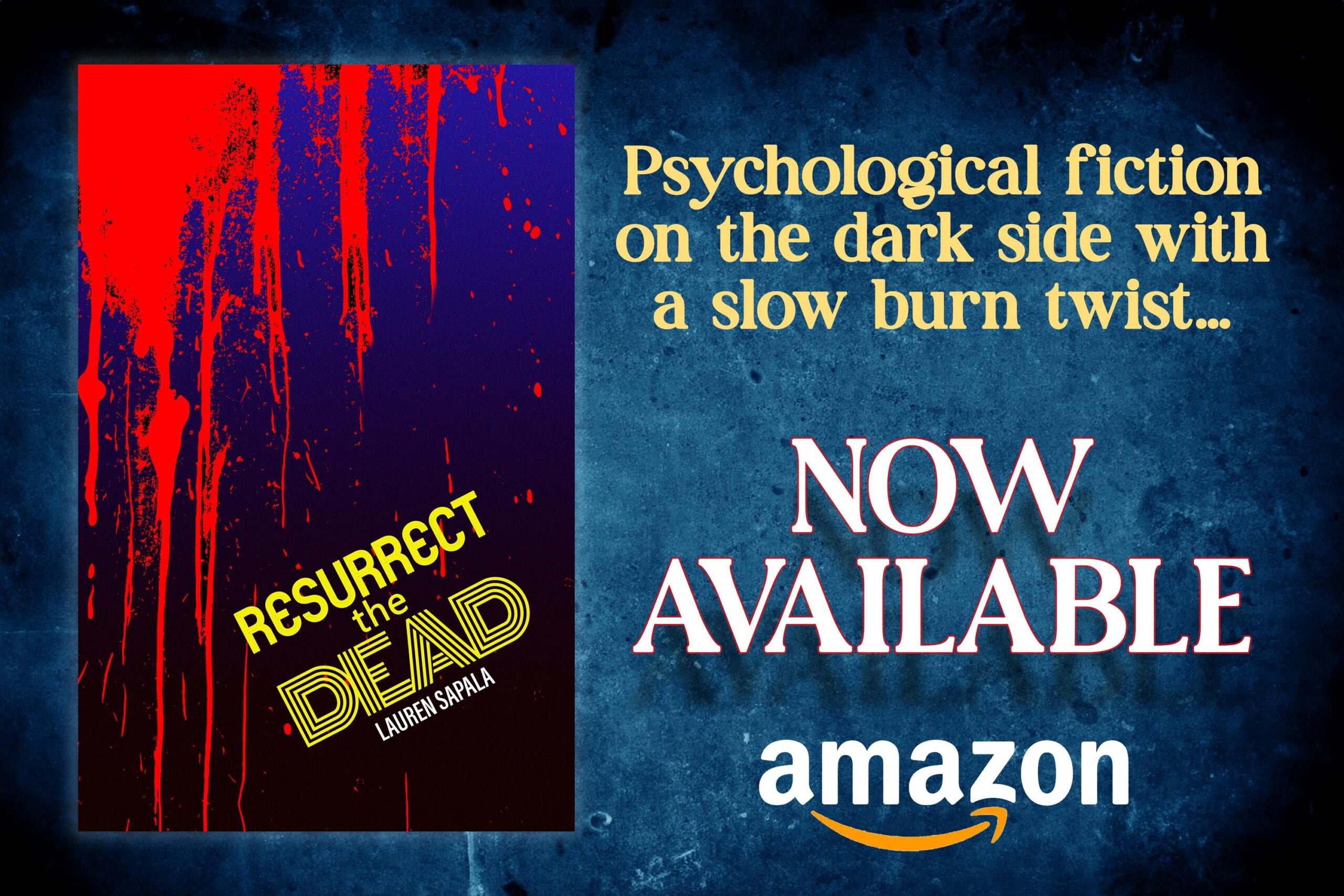My new novel, Resurrect the Dead, just released today!
As with most of my fiction, this one is dark. And psychological. And dancing right on the edge of transgressive.
Here’s the description from the back cover if you’re interested in checking it out:
Roger is the only father Alex has ever known, although he’s not much of a father. Years after coming back from Vietnam, Roger is severely disabled, and dependent on Alex just to get by every day. A loner by nature, Alex hardly notices that he doesn’t lead a normal teenage life. Dealing with Roger’s mental breakdowns is a routine part of his existence. Heavy metal is one of his only escapes, as well as the clearing in the woods behind his trailer park. The clearing is a space that feels like his own private world, and it’s also his special place with Alyssa, his best and only friend.
With every day that passes, Roger’s health fails a little more, and Alex begins to fixate on the big questions that Roger has always avoided: Where is Alex’s mother? Why can he barely remember her? And why did she abandon her young son so long ago? When Alex and Alyssa finally get the chance to run away together, Alex decides to investigate his mother’s past and he finds something he never expected. The truth shatters him to the core, and triggers a chain of events that has explosive consequences for everyone, setting Alex on a fated path that changes him forever.
You can get it from Amazon in paperback:
Or Kindle:
Happy reading! 🙂




